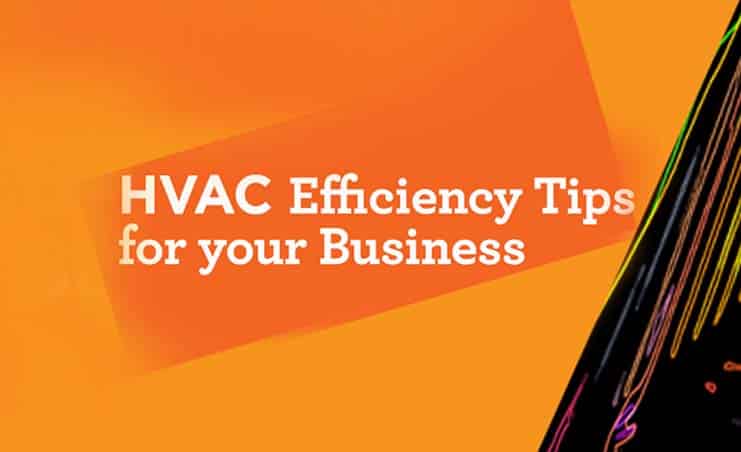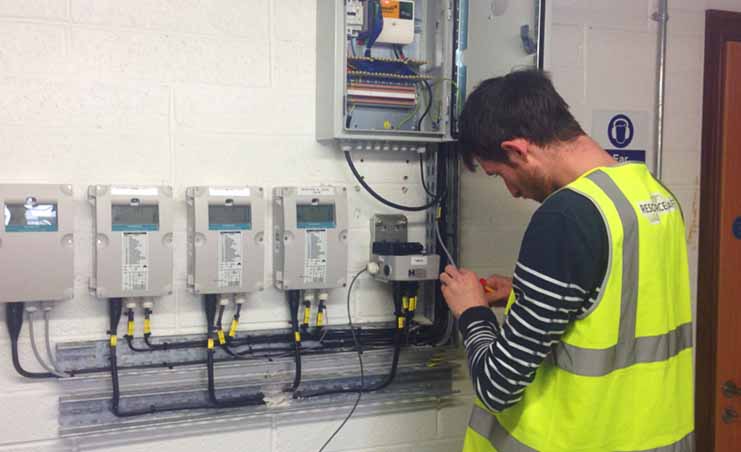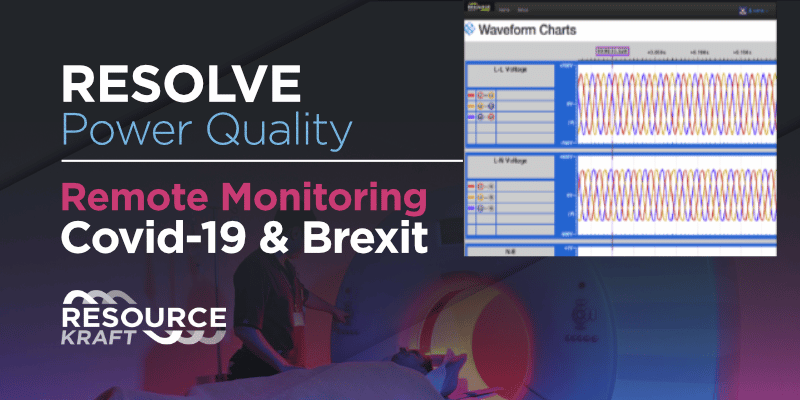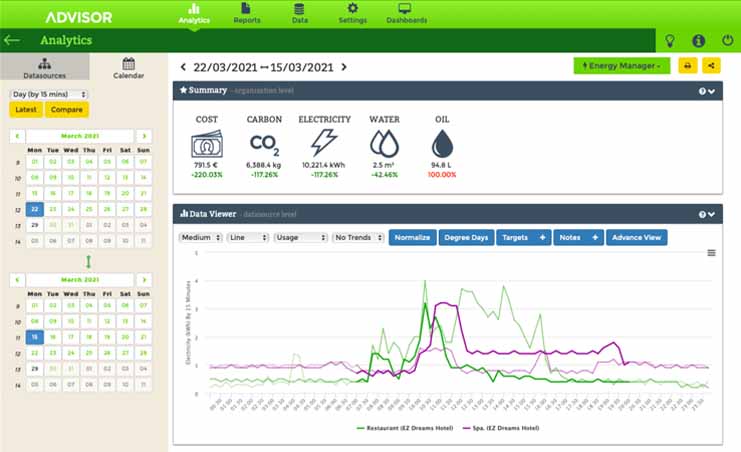On average, HVAC systems account for 40% – 60% of a building’s energy consumption. Increasing HVAC efficiency in buildings is critical to reduce detrimental global energy usage impacts, as well as saving your company money by reducing usage costs.

So, what exactly is HVAC Efficiency? In basic terms, it means making sure your HVAC equipment is heating and cooling your building in the most effective way possible. This applies to the equipment as well as usage. Given below are some tips to increase your HVAC productivity.
HVAC Equipment:
1. Carry out a Professional Audit – Having a professional perform an audit on your HVAC system will help you determine the condition of your HVAC as well as giving solution to improve its efficiency.
2. Maintenance – This could include checking for leaks and defective equipment in your pipes, ducts, coils, etc.
3. Consider Part Load Performance when selecting Equipment – Most HVAC equipment only operate at their peak efficiency when fully loaded, which only happens 1-2.5% of the time. Most systems operate at 50% or less of their capacity. Select systems that can operate efficiently at Part Load.
HVAC Usage:
1. Use an Economizer and Controls – These will optimize the heating and cooling of your building during peak and off peak hours.
2. Reduce Load Capacity – This will help your system run less frequently. Some measure to reduce load capacity includes installing insulation, energy efficient lighting and upgrading to ENERGYSTAR certified appliances.
3. Employee Awareness – Even small actions such as turning off computers and lights after hours all contribute to your HVAC efficiency. Train your staff to implement energy saving measures into the daily work day. Staff should also receive guidance on recommended operating temperatures and how to use heating/cooling units correctly.
4. Change Air Filter Regularly – Check your filter on a monthly basis, especially during high usage months such as summer and winter. The filter should be changed every 3 months minimum. A dirty air filter slows air flow and the system works harder to regulate temperature.
By implementing these changes, your business can benefit from substantial energy savings, as well as reducing your company’s carbon footprint; a win-win situation that is relatively easy to implement.








